Enter the dragon: how to decode the new Chinese empire
A move towards phantom democracy could make China the global torchbearer for resilient one-party government grounded in the willing loyalty of its people.
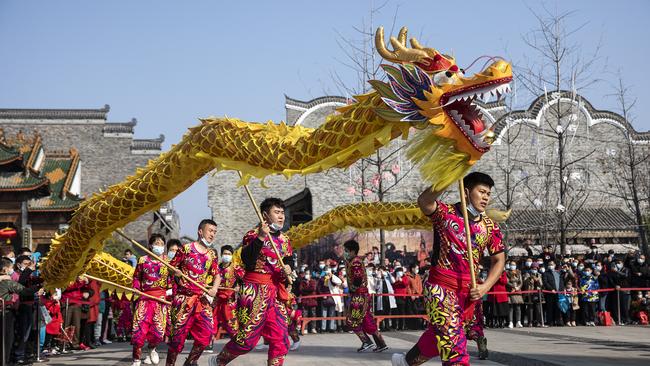
When historians look back on our discordant times, they will surely note a shift: China’s return to world pre-eminence, and the bungled efforts to restore the US to greatness.
Like bellows to a fire, fallacies about China are inflaming controversies and stoking divisions.
Some policy specialists are sure that “the rise of China” is unsustainable, or that forecasts of its global triumph are grossly exaggerated. Others recommend getting tough with an uppity Beijing through trade wars and military clashes in the Taiwan Strait or in the South China Sea.
Still others believe that a lengthy period of conflict – a new Cold War – is upon us, or that rough-tongued and cack-handed efforts to rejuvenate a militarily overstretched and fiscally overburdened US will have the unintended consequence of making China great again.
The hawks liken China to a house of cards, liable to be scattered by a firm flick of the wrist. They’re convinced of the moral superiority of liberal democracy. Like former Trump adviser Stephen K. Bannon, they are sure that “the lies, the infiltration and the malevolence” of its rulers render China just as vulnerable to collapse as its Soviet predecessor. They see acts of silent espionage and systematic takeovers of businesses, governments, universities, newspapers, churches and civil society bodies beyond China’s borders. They warn of threats to “sovereignty” and the coming death of liberal democracy.
The trouble is, talk of “getting tough with China” functions as a call to discomfit and debase China – it is a cry of pain from within “the West”. It attracts xenophobes, racists and Orientalists. These bull-in-a-China-shop warriors seem blasé about the probable consequences of the desired downfall – “the collapse of a world empire”, notes German scholar Herfried Munkler, “usually means the end of the world economy associated with it”.
They may be picking a fight that delivers political, economic and reputational setbacks to the US, or further hastens its demise as an imperial power.
Reckless China-bashing and moonstruck love affairs with the US are dead ends. Talking up military aggression in the age of nuclear weapons is madness. Since there is no Thucydides Trap (the idea that armed conflict is almost inevitable when a rising empire challenges an established one), except in the heads of the New Cold Warriors, a realistic strategy for dealing with China is needed.
We could call it agile non-alignment. Governments, businesses, non-government organis-ations and citizens committed to engaging critically with China could embrace co-operation in such fields as infrastructure development, scientific research, higher education and renewable energy. Some prickly exchanges with Chinese partners would be expected. Former Australian prime minister Kevin Rudd was on to something: when it comes to dealing with China and its allies and opponents, he liked to say, truly durable friendships are built on unflinching advice and frank awareness of basic interests and ambitions. Such frankness can yield positive results. On this logic, breaking up with China isn’t necessary. It would be self-destructive and foolish.
Agile non-alignment would necessitate the opening of minds: a new willingness among political thinkers, journalists, citizens and politicians to dissect their own ignorance about China, to see with fresh eyes its complexity and to avoid underestimating its shapeshifting resilience. The evidence speaks against the exaggerations of those, such as the global China editor of the Financial Times, who claim “the wheels are falling off the BRI” and “fiascos are piling up”; that a China “so vaunted for planning its own extraordinary development” is being revealed as “largely unable to pull off the same feat abroad”.
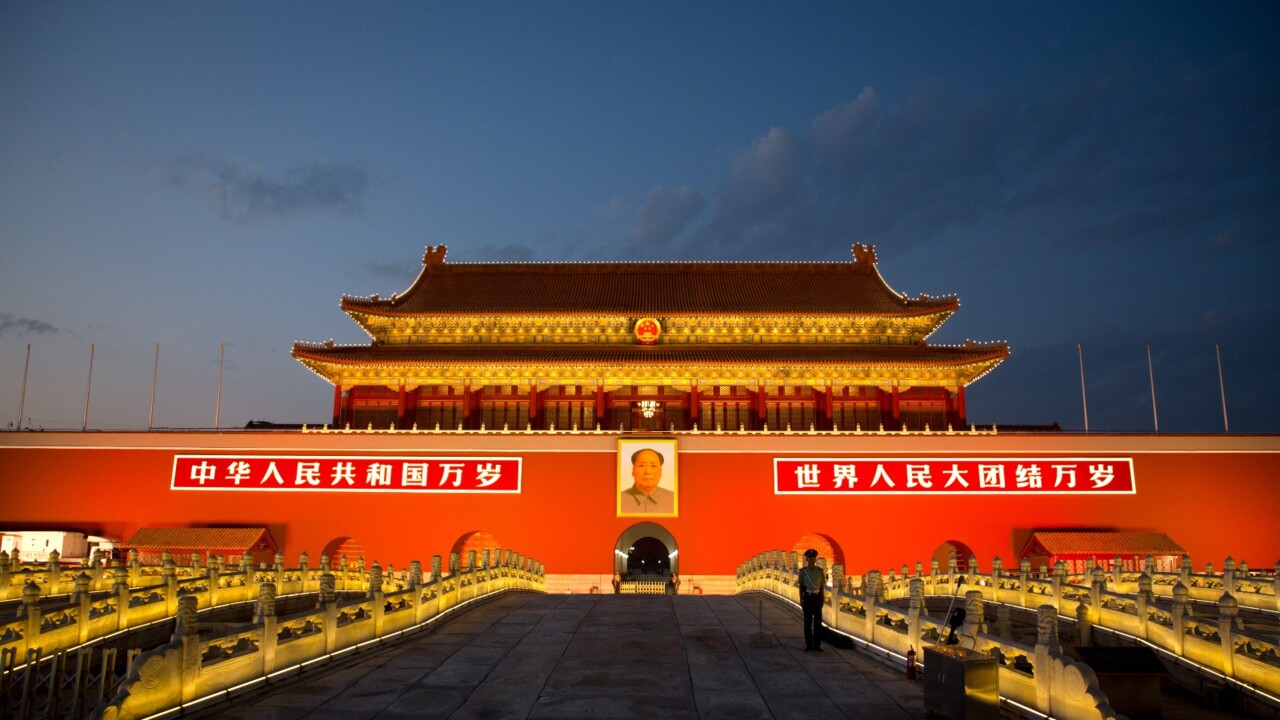
Such generalities not only downplay the CCP’s crisis management capacities, demonstrated yet again by its handling of the COVID-19 pestilence it hatched. They underplay the empire’s structural weaknesses.
Technically, China is an empire, if by that word we mean a jumbo-sized state that exercises political, economic and symbolic power over millions of people, even at great distances from its own heartlands, without much regard for the niceties of territorial sovereignty. Empire is the word that’s needed to describe accurately China’s rising global role in such fields as finance capital, technology innovation, logistics, and diplomatic, military and cultural power. China is an emergent empire of a kind never seen before. But what are its faults and flaws?
Most obviously, it is dogged by legitimacy problems. Its leaders are already being reminded that resistance and social unrest are the price of influence and control. They are learning that they cannot unilaterally determine the habits and hopes of people who fall within the ambit of the empire by using methods trialled in Tibet, Xinjiang and Hong Kong.
Every Chinese government official, diplomat and businessperson should read The Vizier’s Elephant (1947) by Nobel prize winner Ivo Andric, the classic tale of resentment against the pinched promises and hypocrisy of occupiers, to grasp how easily imperial power can be doubted, satirised, worn down and defeated. The age of communicative abundance makes cultural resistance – mutinies against the maltreatment of local workers, for instance – much easier. Digital tools give new life to Chinese writer Lu Xun’s principle that “discontent is the wheel that moves people forward”. Local disenchantment can readily follow – as happened, for instance, in Kazakhstan in 2019, with large-scale protests against the construction of Chinese factories and the maltreatment of Muslim and Turkic peoples in Xinjiang; and in Zambia, where bitter clashes between local mining workers and their Chinese employers have been rife for decades.
There’s also a flaw that troubles all empires: chronic tensions between the central rulers and administrators at the periphery. The Dutch East India Company was constantly troubled by disputes with distant ship captains, company representatives and local governors. British mishandling of its American colonies ended badly. China’s difficulties in Libya in 2011 provided a similar lesson: when state-owned companies invested in the local petroleum industry and infrastructure projects, they never anticipated that the collapse of the Libyan regime would require a military rescue operation that inadvertently publicised suspected Chinese arms sales to the Gaddafi regime and embarrassed the Ministry of Foreign Affairs. The galaxy empire stumbled. Talk of “noninterference” in “sovereign” states was dropped. After declining to veto a UN Security Council resolution sanctioning NATO bombing of Gaddafi’s forces, China then urged compromise with the regime and condemned the air strikes. As the regime collapsed, Chinese forces intervened to protect 75 Chinese companies and deliver 38,000 workers to safety.
In the coming years, legitimacy problems and tensions between centre and periphery are bound to trouble China, exacerbated by local and regional concerns about how mounting debt conflicts are to be handled – by persuasion, legal proceedings or force. There are environmental concerns, too. China invests much more in renewable energy than the US, yet at least a third of its groundwater is unfit for human consumption.And there are bio-challenges abroad, in places such as Antarctica, where the Chinese-owned Shanghai Chonghe Marine Industry Company, awaiting delivery of the world’s largest krill-fishing boat, is sure to encounter protests against its profit-driven plans to mega-harvest the small crustacean currently suffering population decline.
These vulnerabilities feed China’s greatest flaw: its lukewarm and contradictory embrace of public accountability mechanisms. China’s leaders say they want open connectivity and uncorrupted cross-border institutions based on consultation. Yet, as a one-party regime, it requires secrecy, dissimulation and unchallenged power. Several leading Chinese international relations scholars have told me privately that their country can’t succeed globally unless it opens its power structures to much greater scrutiny, both at home and abroad. Its currency must be eternal vigilance, wise deference to complexity, humble open-mindedness. They have a point: the fundamental weakness of every expanding empire is bombast, and vulnerability to public exposure and public rejection. This weakness is especially threatening to an empire born within the information age. Put bluntly, democracy shortages are China’s greatest weakness.
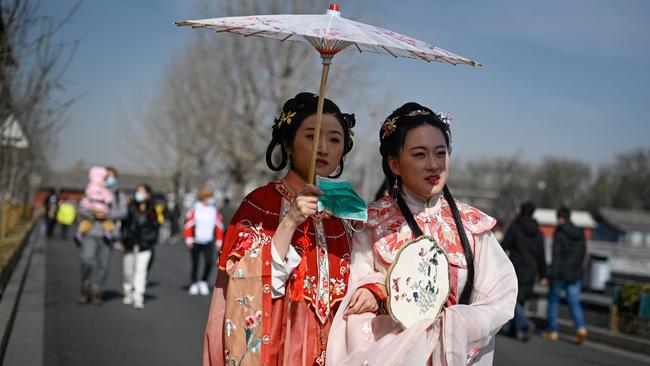
Well-functioning monitory democracies nurture watchdog bodies such as public inquiries, judicial review and futures commissions that serve as risk-reduction mechanisms, designed to deal with threatening uncertainties, corruption and nasty surprises. At home and abroad, China tries to mimic these methods. In places such as Sri Lanka, poster campaigns announce the coming of “extensive consultation, joint contributions, shared benefits”. Yet unexpected events can extinguish these promises. A corruption scandal, poisoned food chains, the collapse of a corporate behemoth or sudden social resistance to infrastructure projects can rock China’s power to its foundations. Small beginnings can hatch big dramas. Democratic openings can occur. Backed by demands for public accountability, supported by civil society organisations and political leaders, the push for monitory democracy can spread – even across borders, into the heartlands of the empire. Cross-strait troubles with democratic Taiwan might well prove to be an example in the coming months and years.
But it may be that China develops a commanding resilience most observers hadn’t anticipated. Among the biggest imaginable surprises might be that its rulers, tempered by skittishness and smart governing methods, succeed not only in harnessing phantom democratic mechanisms at home to legitimate and strengthen their single-party rule, but also abroad, in the far-flung districts of their empire. China might perfect the art of what has been called “administrative absorption”: the ability to win over resistance, to convince clients everywhere that Chinese infrastructure projects, ways of life and commitments to multilateral governance are universally good, and clearly superior to the confused US alternatives on offer.
Suppose the present Chinese political system stays on track to humble the US. That its economy becomes twice as large, with its well-educated population at least half as wealthy as Americans.
Then imagine that those who govern the new Chinese empire outdo the Ottomans and the British by cleverly paying homage to their subjects everywhere, employing surprising degrees of self-scrutiny, experimentation and administrative absorption.
Let’s further imagine that a mix of economic growth, social policy, state surveillance, political repression, middle-class support, dreams of restoring China to greatness and US foolishness all help to fertilise its power.
Wouldn’t China become the global torchbearer for one-party government grounded in the willing loyalty of its people – a strange new post-democratic regime with a democratic feel? Not a “thoroughgoing return to totalitarian politics”, as Chinese scholar Xu Zhangrun has warned, but a tremendously powerful phantom democracy triumphantly beating a path towards a world with little or no room for the power-sharing constitutional democracy of earlier, happier times.
John Keane is professor of politics at the University of Sydney and the author of The Life and Death of Democracy. This is an edited extract of his essay in the latest issue of Australian Foreign Affairs, The March of Autocracy.

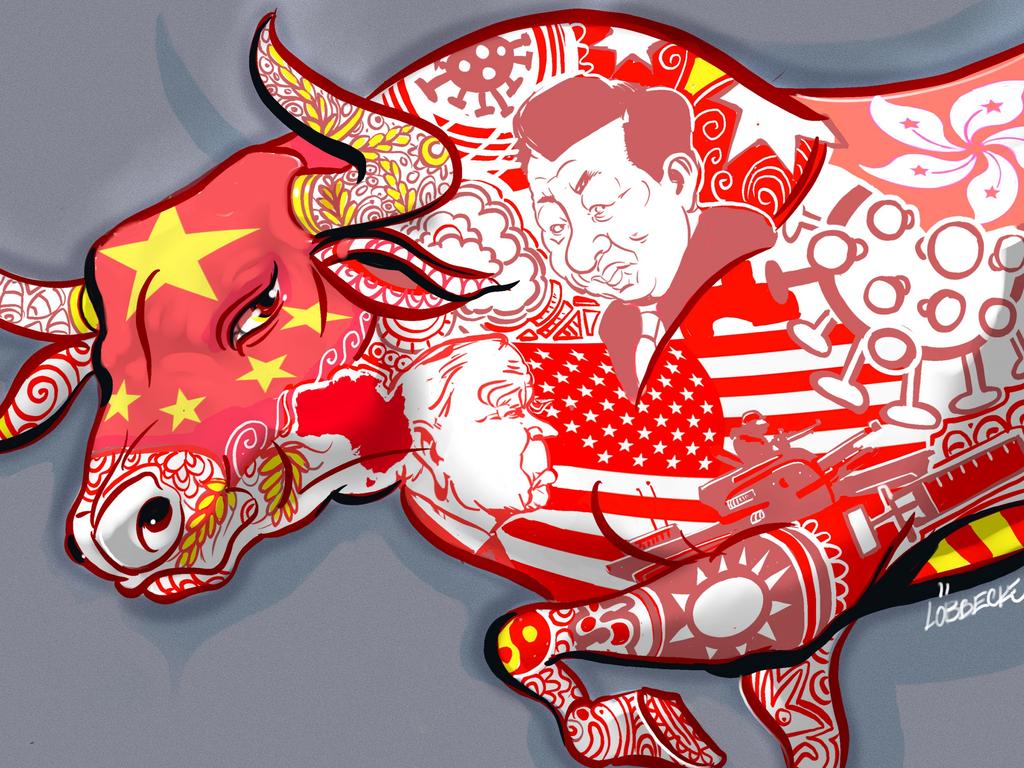
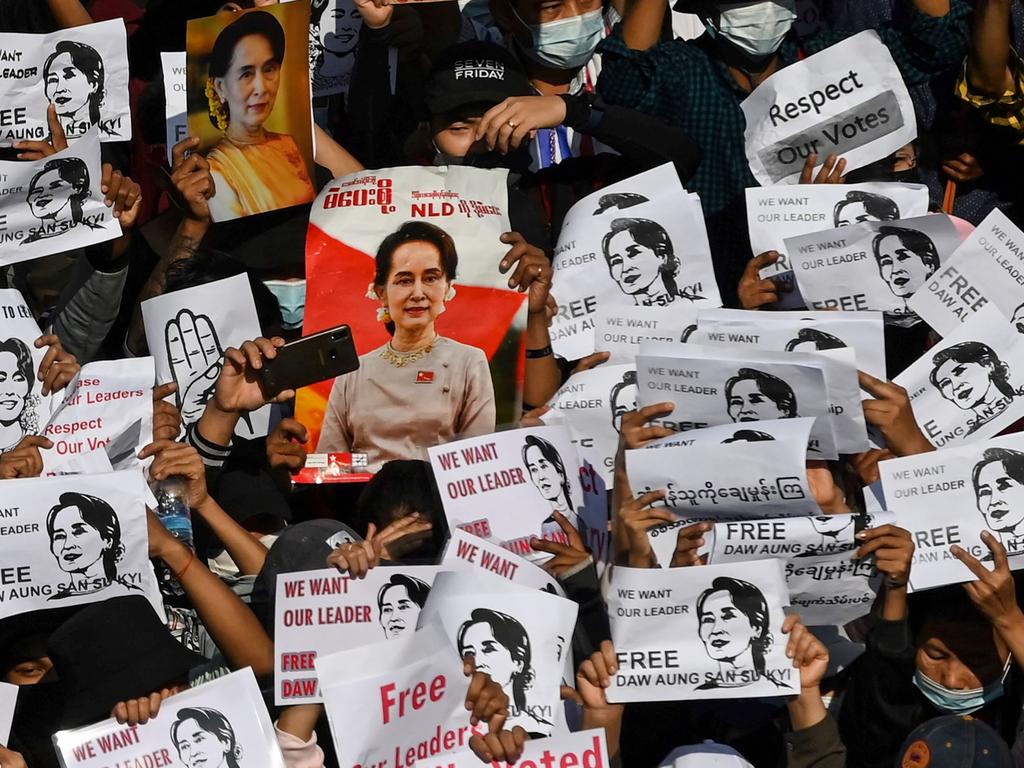
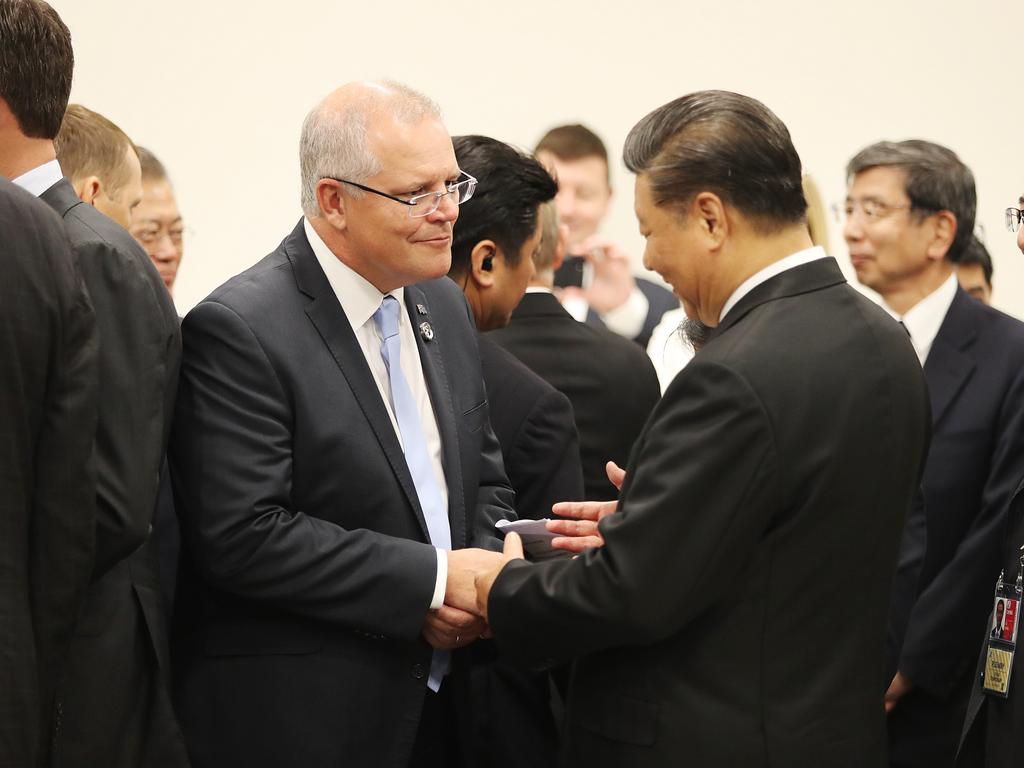
To join the conversation, please log in. Don't have an account? Register
Join the conversation, you are commenting as Logout